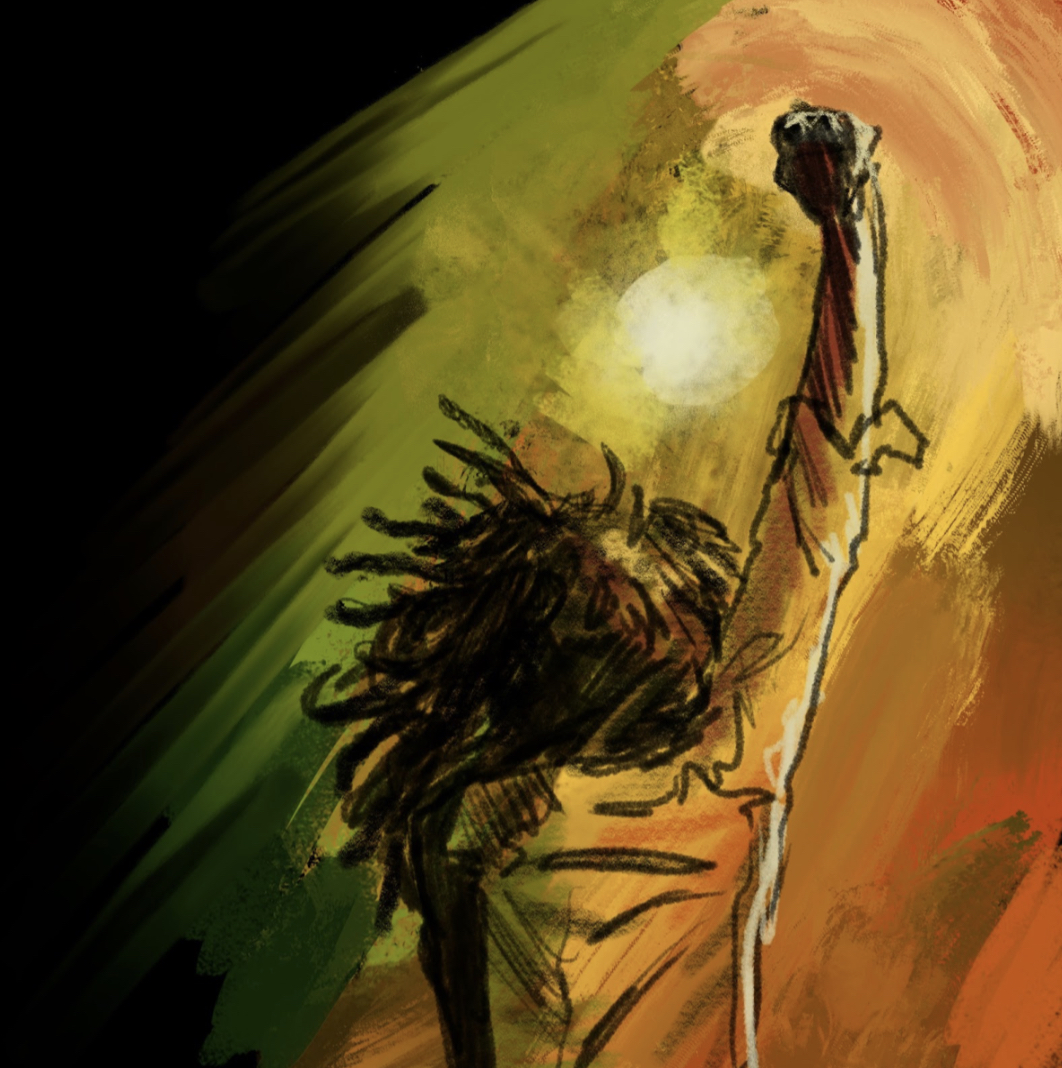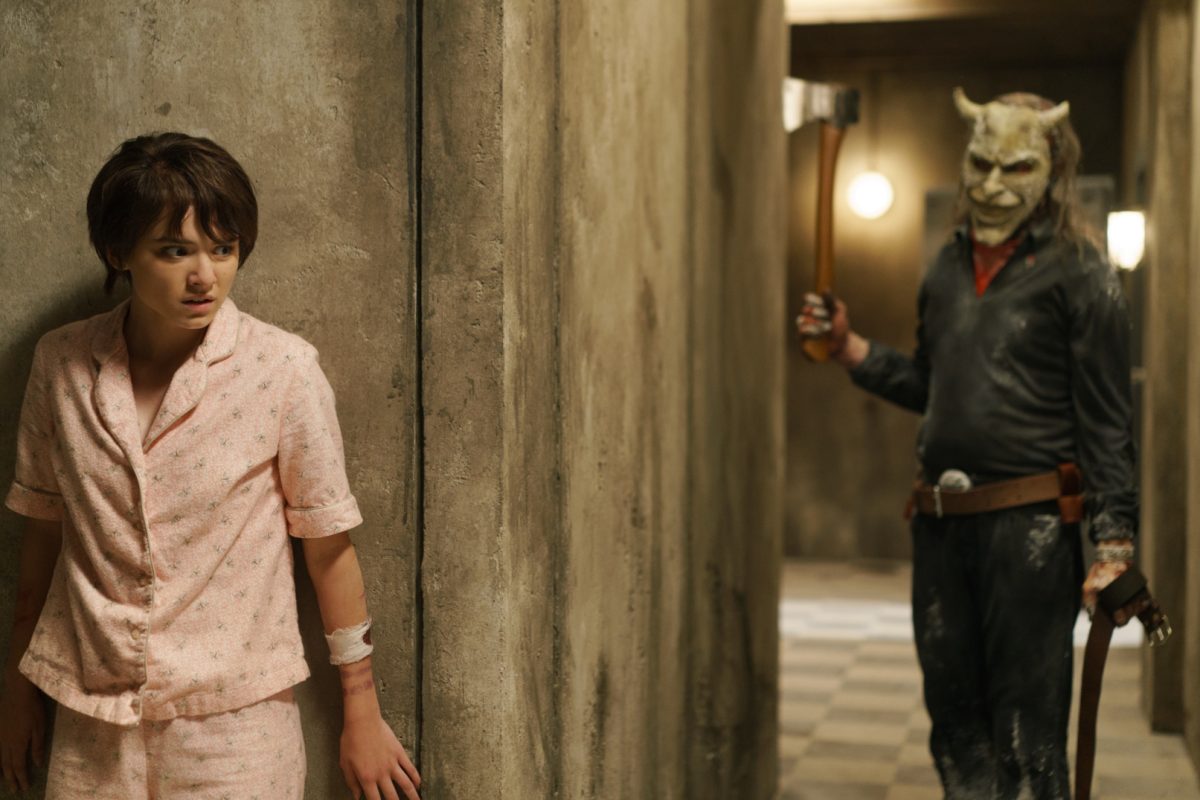On Feb. 14, 2024, the movie “Bob Marley: One Love” was released in the US after two years of construction and critique by the Marley family.
The movie follows Jamaican star Bob Marley’s upbringing, rise to fame and attempts to unite Jamaica during their political civil war through his music and religion. The film finished with a few words about Marley’s lasting impact on the world and tying up all the loose ends.
The movie was beautifully produced with great cinematography, helping to capture the vibrant culture of Jamaica and each of Marley’s concerts. Together the production design, special effects and editing all worked seamlessly to create a highly immersive and impactful movie. The movie also incorporates archival footage and an interview with Marley’s family. It is littered with quotes, painting a better picture of the man behind the music. It never felt choppy and had an established flow throughout, leaving the viewers time for reflection but also giving them the high-energy concerts that made Marley a global sensation.
On top of its construction, the casting and direction of the film were phenomenal with Reinaldo Marcus Green as its director. Green was careful in the execution of the film and directed it with both sensitivity and respect. Marley was played by Kingsley Ben-Adir, who was able to authentically portray Marley, his passion and charisma evident in every scene. On top of these people, every other cast member put their all into their roles and pulled the audience into the movie and its characters.
While the movie was enjoyable and intriguing, it left out key details of the reggae star’s story, such as his absent stepfather (on top of his biological father), his step-siblings, his numerous affairs and his wife Rita’s affairs. These were conscious decisions that the Marley family made in production but were important parts of his story. Some people may see leaving out his affairs as a way to paint him in a more loving light, but it is still important to add because it was with those other women that he had six other children, and it was in Rita’s affairs that she had two other children.
Besides those discrepancies, the movie was very detailed. It went into exploring Marley’s religion, Rastafarianism. It showed the way that his beliefs shaped his music and his life while pointing out that many of his songs could be considered somewhat religious. The soundtrack of the film also helped to guide the audience through transitions and set the mood for each scene. It featured many of Marley’s most iconic songs and created a closer connection between the viewers and the story.
The movie also went into Marley’s battle with his fear, which was a huge factor in his time away from Jamaica. Because he refused to choose a side in the political battlefield of Jamaica he was targeted on both sides and shot at twice, once in his home and once at a concert. It also took us through his diagnosis of acral lentiginous melanoma (ALM), an aggressive type of cancer, and his early battle with it. The movie worked to zone in on his fear for his life and country and followed him through his journey of acceptance and overcoming, which led to him wanting to perform in places like Africa, as they were also going through a politically violent time.
The film, “Bob Marley: One Love” painted a beautiful picture of the reggae star who strove for peace and love in a politically divided time. The careful construction and fantastic casting worked to create a film that would leave viewers feeling the effect of Marley’s music and story long after leaving the theater. This is a must-see for fans of Marley’s music and anyone interested in the life of a true icon.








